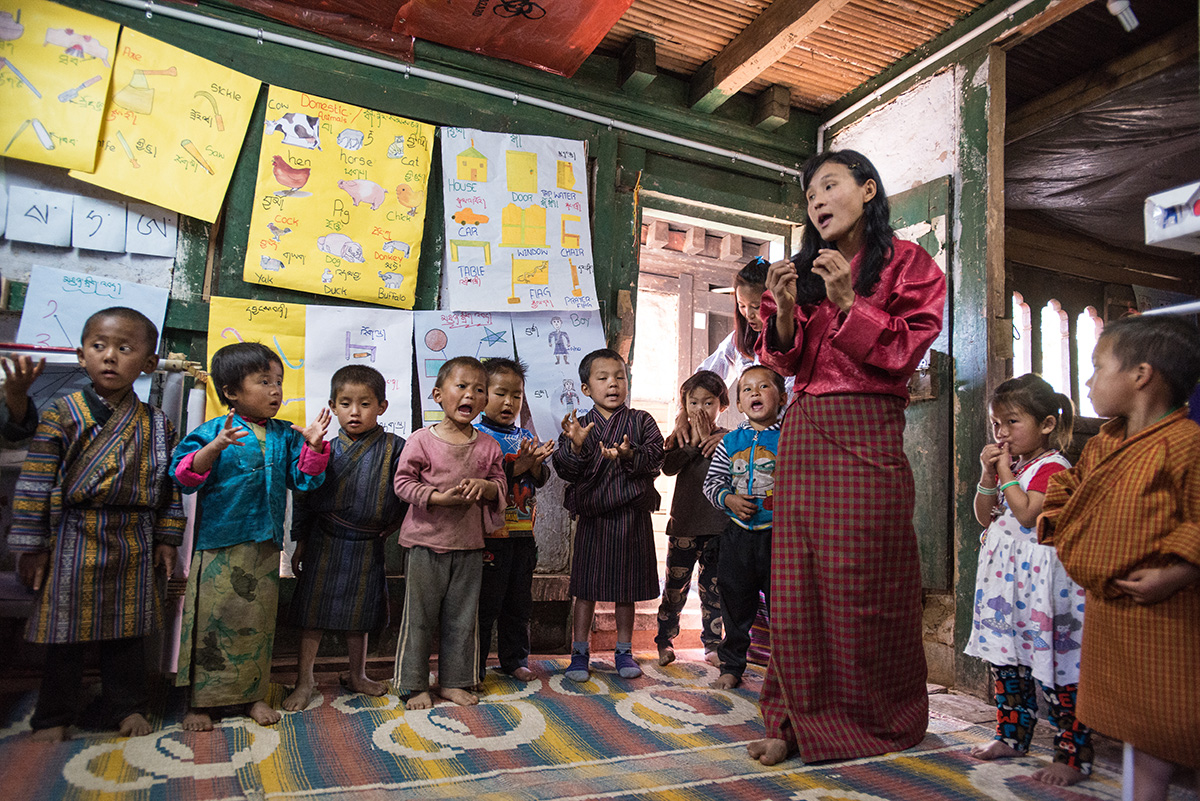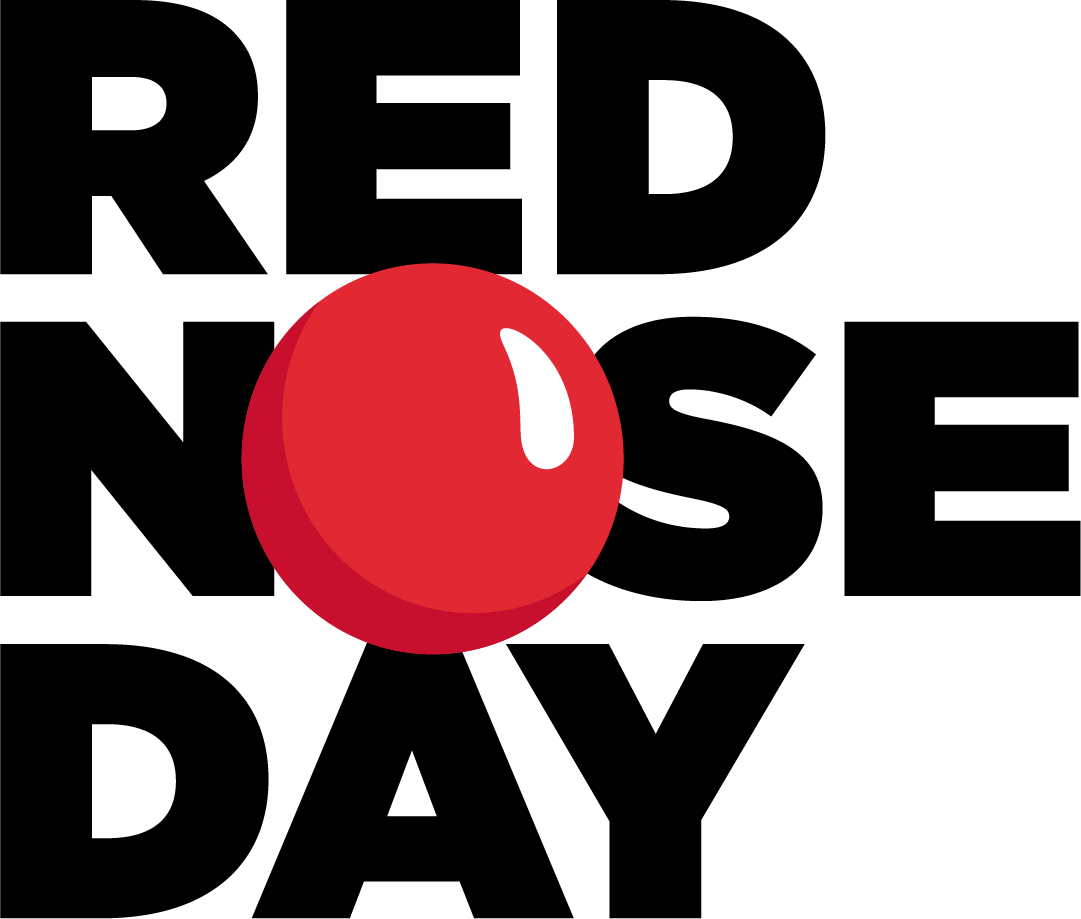
A Path to Education
Like his parents before him, four-year-old Pema* puts on his traditional Bhutanese robe each morning and walks through fields of rice, corn, and buckwheat.
But unlike the rest of his family, Pema keeps going—past the fields tended by his relatives for generations, where he begins to ascend the foothills of the Himalayas. After climbing for nearly fifteen minutes, Pema reaches his destination: a nondescript building once used as a natural resource center. The building has recently gained new life as a preschool in this remote village in Bhutan.
The district where Pema lives is one of the country’s poorest, and children like Pema are among the hardest to educate, as there are no roads connecting his village to others—just footpaths. In a country where kids’ reading, writing and math skills are below the minimum grade level expectations, many children are falling behind before completing the first grade.
Working against this trend, Save the Children international is using money raised through Red Nose Day to train preschool teachers throughout Bhutan. The teachers are being trained to incorporate play-based math and reading activities that give children the skills they need before entering elementary school.
Today Pema’s teacher, Rinchen, offers the students a chance to choose their own mid-morning activities. She has opened up the classroom’s learning corners, designed to develop early reading and math skills while giving the children an opportunity to stretch their imaginations.

The room is abuzz as the children quickly pick their first learning corner. Before Rinchen tells the children to get started, Pema has eagerly started putting together a puzzle of a flower in the reading corner. Each piece of the puzzle has a matching letter, and if kids can recognize that the pieces fit together when you follow the order of the alphabet, they master the puzzle.
“I like all the learning corners here,” Pema says. Next up is his favorite corner: pretend play. It is here where he can pretend to be a farmer like his parents, shop at the market, work at the local health center, or cook a time-honored Bhutanese dish.
“Before the training, pretend play here was playing with dolls,” said Rinchen. “Now we include community elements, like the farming tools. The children take interest because they have seen their parents using these and doing this.”
Pema may get to spend some of his preschool day pretending but, as his mother points out, there’s nothing imaginary about the skills he’s developing.
“Compared to them, Pema is starting much earlier,” she says, referencing Pema’s brothers and sister. “He knows his ABCs and is starting to read.”
Jamba, who is unable to read or write, explains that her youngest son is the first among his siblings to attend preschool, and that has given him a jump on the essential skills he’ll need to start elementary school. Because the family’s village doesn’t offer schooling past sixth grade, her oldest child, Karma, is now in the eighth grade at a boarding school in another village.
Despite many obstacles, the 35-year-old mother is determined that all her children will continue to further their education. “I want them to pursue an occupation they love,” she says.
Once a path toward education has been created, the possibilities are limitless.
* Names have been changed to protect privacy.


